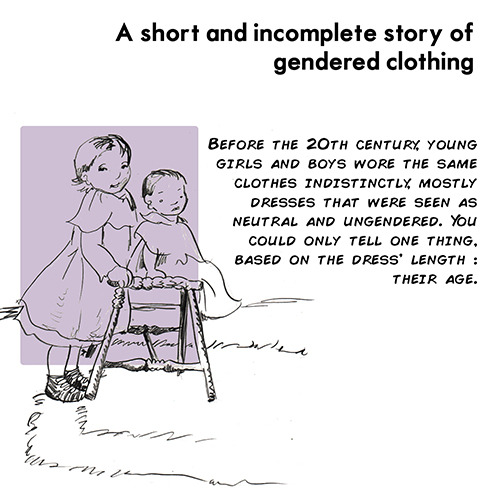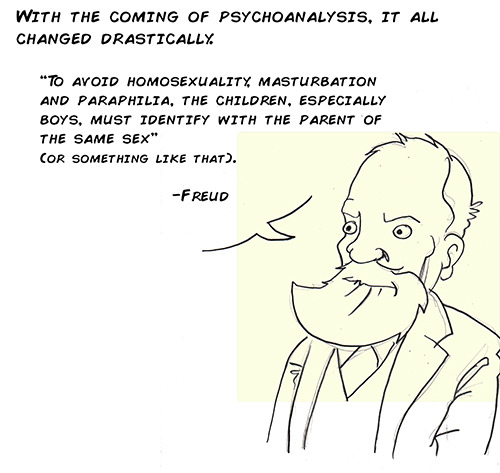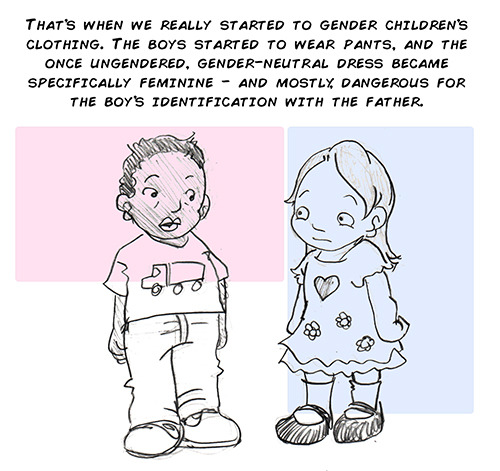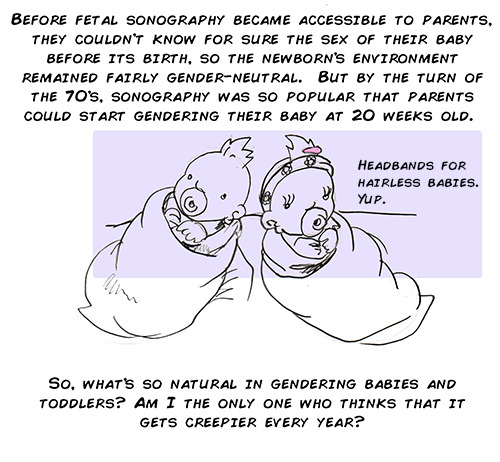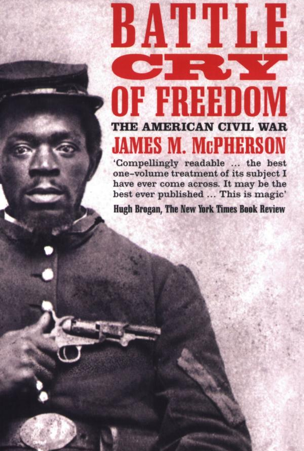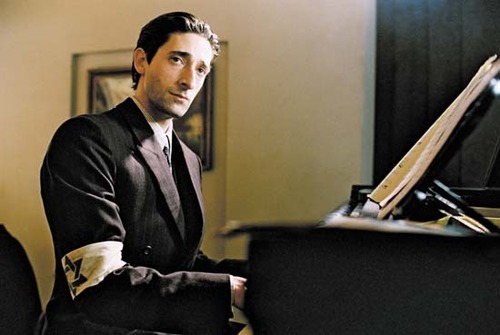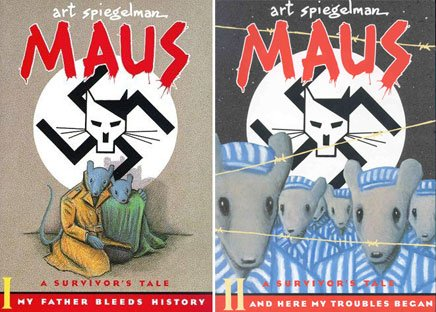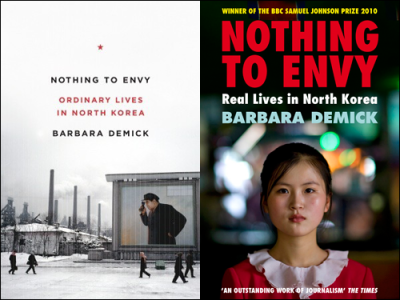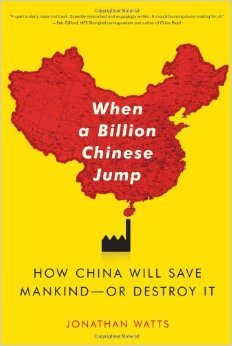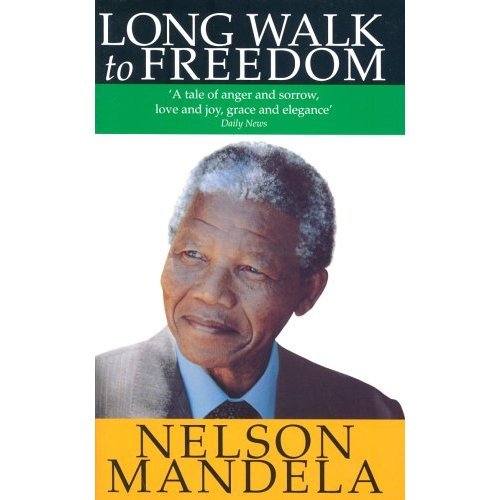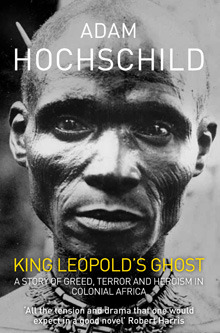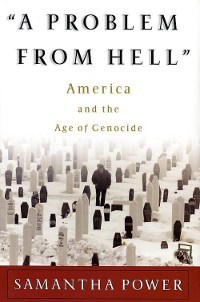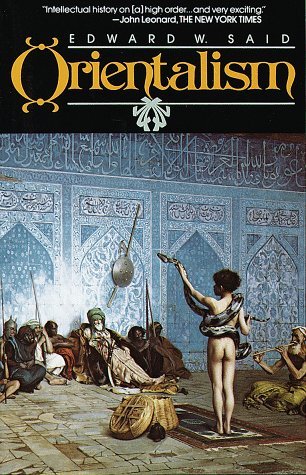Mahou Shounen Breakfast Club: a slice-of-life webcomic about the anime voice acting industry, romance, and cup ramen ❁
by TORIL (starlock) & KATIE (strangelykatie)
Hi everyone! We’re SO EXCITED to finally be launching our new webcomic that we’ve been working on for the past year! You can read the first installment now over on the site, we really hope you enjoy it!!!
Tag: to read
A Short and Incomplete Story of Gendered Clothing.
When I was a child, there was this very old picture of my father hanging in the living room. It depicted him wearing a long white dress. It always fascinated me.
This short story of how children’s clothes came to be gendered is made from facts taken from the book “Pink and Blue : Telling the boys from the girls in America” by Jo B. Paoletti.
I am not an historian, and this is intended to be accessible information, so I skipped many things along the way, like the introduction of pants for women or the “unisex” era of the 70’s. I made it simpler so it could get through more easily. I recommend reading Paoletti’s book for further information. ❤
Just so you know :3
Sooooo another thing we can blame Freud for? What a fucker.
You’re probably being swarmed by questions at the moment, but if you have the time to answer this, I was just wondering if you could suggest any books, articles or websites about, or in relation to, the worldwide history of oppression? (Or just world history in general, anything which can provide further information to what you’ve been posting about). I find your posts very informative, so I’d like to somewhat know where you acquired that knowledge, if it makes any sense? Thank you!
Hi anon, a lot of this stuff is definitely accumulative from multiple places indeed. I’ve put together a list of some books I’ve read about global conflicts and the history of oppression, which I think are quite illuminating. One area my repertoire admittedly falls short is Latin America, however, and anyone who wants to recommend stuff from there is welcome to.
Battle Cry of Freedom by James McPherson. A Pulitzer Prize winner, this book is about the American Civil War. He illustrates in detail the increased turmoil in the 1850s caused by socio-economic changes, the Mexican-American war, and how issues about slavery; the fugitive slave laws, the abolitionist movement and slave planters that all led up to the conflict that almost permanently tore the United States into two. A great read for anyone wanting to understand the various factors that led to the Civil War and an account of the various military and political battles.
The Pianist- This movie tells the real life story of Polish-Jewish concert pianist Władysaw Szpilman and how he survived the Holocaust. Most of his family did not, however. Note that some of the violence in this movie is quite jarring, so discretion there is advised if you are triggered by stuff like seeing people get shot in the head and whatnot.
MAUS, by Art Spiegelman. A Pulitzer Prize-winning comic about the Holocaust, written by the Jewish-American son of two Polish-Jewish Holocaust survivors. Why “MAUS?” That’s German for mice, and the Nazis portrayed Jewish people as rodents and vermin. The Jews are drawn as mice and Germans as cats, the French as frogs etc. Spiegelman’s entire story is not only a harrowing tale of how his parents survived the Holocaust but one where he ultimately deconstructs the stereotypes of all these actors.
Nothing to Envy, by Barbara Demick sheds light onto the lives of North Koreans through detailed interviews with defectors. A beautifully written book that gives North Koreans a voice and what it is like to live in such a totalitarian regime. It contextualises how big, sweeping events like World War 2, the Korean War and the Cold War affected individual human lives.
When a Billion Chinese Jump, by Jonathan Watts delves into the environmental costs of economic exploitation in modern China and its implications for the planet as a whole. Despite the seemingly controversial “how China will destroy mankind or save it” tagline (which is probably a product of marketing), as a person with Chinese ancestry, I found this book very fair because this wasn’t a condescending harangue about how environmentally-unfriendly China is compared to Europe and the US. He interviews Chinese environmentalists and activists and points out how the developed world is “green” precisely because it has actually been exporting all its pollution to China, despite the high human costs. A breath of fresh air in contrast to a lot of privileged economists who just measure living standards by GDP or percentage growth and pay no attention to the other costs borne by the country.
Long Walk to Freedom by Nelson Mandela. It’s a long book that illustrates the Mandela’s life growing up in apartheid South Africa and eventually as a lawyer, then a political prisoner. Long, but I found it a great read and Mandela is a vivid writer.
Hotel Rwanda is a film about the 1994 Rwandan genocide. It tells the story of Paul Rusesabagina, a hotel manager who bravely resisted the madness sweeping his country, and used his hotel and government contacts to shelter over a thousand Tutsi and moderate Hutu refugees. All while the US, UK, Russia, France and China sat doing nothing, even denying that what was happening was genocide-going so far as to cut back on the UN peacekeepers stationed there.
King Leopold’s Ghost, by Adam Hochschild. This is a popular history book about Belgian King Leopold’s Congo and the horrific rubber slave trade where Congolese had their hands chopped off for failing meet rubber quotas. Millions of Congolese died. The profits for this “red rubber” btw, are what funded the building of the many beautiful palaces you see in Brussels today.
A Problem from Hell, by Samantha Power is about the various genocides in the 20th century and the failure of the international community- often the US, to intervene. She takes us from the Armenian Genocide witnessed by the US Ambassador to Turkey Henry Morgenthau, in an era when even to COMMENT on a state’s internal affairs was considered a no-no of diplomatic relations, through the Holocaust to the most recent crises in Bosnia, Rwanda, Sudan etc. She argues that military intervention at times is justified to stop genocide. Whether you agree or not, this book is a good read that really opens your eyes to the universal human capability for evil.
For stuff that is a bit more challenging but also very important deconstructions of colonialism, this is one text commonly used in academic studies in this field:
Edward Said’s Orientalism. Said is a Palestinian-American, so certainly he indeed writes from a perspective of a person who knows what it is liked to be considered part of the “Orient” and the “Other”. I have not finished reading it, but I did refer to his book when doing a research essay about colonial African literature.
Hadestown/Greek Mythology: A Crack in the Wall by luzula
Rec by: originally_dw
Fandom: Hadestown, Greek Mythology
Characters/Pairing: Eurydice/Persephone, Eurydice/Orpheus
Rating: Teen and Up
Content Notes: None
Length: 00:43:46
Performer Links: luzula
Author: luzula
Summary: Revolution comes to Hadestown, and Eurydice is caught up in it.

depleti submitted to medievalpoc:
For Fiction Week! You mentioned we can submit our own work, so here I go. You’ve linked to TMK already so if you don’t want repeats, I understand!
I write and draw a fantasy webcomic called Thistil Mistil Kistil, which is about vikings and Norse mythology. It follows a young warrior named Coal as he searches for missing pieces of the gods’ weapons, helped (or hindered) by Loki himself. I try to be more or less historically accurate with the story and cultures and have done a good bit of research since I started TMK five years ago.
The character pictured above is Ibrahim, a young Muslim scholar who is (literally) dragged on this quest. Ibrahim (and Arne, a Native American that shows up in the next chapter) is a representation of how diverse Middle Age Europe was, and how it really wasn’t as homogenous as modern media makes it seem.
If you like epic fantasies or history or Norse mythology, you might enjoy TMK! Thank you!
I’m a big fan of Thistil Mistil Kistil, and I think that as far as historical fiction goes, it’s dedicated enough to transcend Fiction Week! Anyone who likes Medievalpoc is sure to enjoy this webcomic, IMHO. Thank you for submitting this lovely artwork from the series!

Chameleon Moon is now available as an ebook through Amazon.
It’s finally happened, babies.
I can’t believe it. I’m so happy and excited and scared and this just seems surreal. I’m a published author, and it’s my weird book about queer and trans superheroes in a burning city and this is real, this is really happening, this is the real life, this is not fantasy. (Well, my book sort of is.)
I think it’s especially fitting and amazing that my book comes out (ha) on National Coming Out Day. The entire cast is queer, some are trans, some are ace, and a lot have disabilities and mental or emotional disorders. I think it’s important representation… I just think it’s important.
So. Amazing, lovely people of tumblr. I am asking you to read this book, and spread the word. I don’t ask tumblr for much, I try very hard not to, and when I do it’s important. This is important. Please, give this a try. If you can’t buy it, please signal boost it. I will be so, so grateful, and if you post about it or review it I will try to personally thank every single person who does.
I tried to write a book that would have helped me when I was young and scared and just figuring all of this gender and sexuality and brain stuff out. I needed something like this, something to hang onto like a life preserver that showed me I wasn’t alone and was capable of amazing things. (Parole itself, the burning city? It’s a literal representation of how chronic pain and an anxiety disorder feels. Stuff like that.)
Thank you so much for the attention and love this has already gotten. I want it to spread and help people and just. Do good. Help me do some good. Please. ❤
But above all thank you. THANK YOU so much. I am so grateful and would have never, ever gotten to this point without the love and encouragement I got here. Thank you.
We’re all superheroes. All of you living and growing and dealing with a world that does not love or appreciate you, most of all. Keep shining.
– RoAnna Sylver
Whatever Happened to the World of Tomorrow?
Brian Fies’s 2012 graphic novel Whatever Happened to the World of Tomorrow? expresses a beautiful, melancholic and hopeful longing for (and suspicion of) the futuristic optimism of America’s 20th century, starting with the 1939 World’s Fair. Cory Doctorow finally got caught up with the future and read it.This is great. If you’ve ever read my write ups on all of the mid century World’s Fairs from my old blog, this graphic novel looks to be right up any atompunk fan’s alley. Pretty cool.
EVERYONE STOP WHAT YOU’RE DOING RIGHT NOW AND READ THIS BECAUSE HOLY SHIT MY WHOLE LIFE JUST CHANGED FOR THE BETTER.
So apparently in addition to running Archive of Our Own and providing legal advocacy to fans who run up against plagiarism accusations, the Organization for Transformative Works also publishes a peer-reviewed academic journal called Transformative Works and Cultures that is dedicated to promoting scholarship about fanworks and practices. This journal is 100% free to access and has been publishing 2-3 volumes (each containing 15-18 articles, essays, interviews, and book reviews) per year since 2008.
Why is this so fucking exciting? For one thing, academia has a terrible habit of being increeeedibly sloooow to discuss new ideas — partly due to the very long turnaround time necessary to get articles published. By contrast, Transformative Works and Cultures is super up-to-date and teaming with topics that are actually relevant to modern fandom.
Want to read an academic article about female fans being “fridged” in comic book culture? Done. Interested in learning about the societal implications of mpreg within fanfiction/fanart? Here you go. Want to learn more about race and ethnicity in fandom? Well, would you look at that. Feel a mighty need to read a specially-conducted interview with Orlando Jones about producer/fan interactions in “Sleepy Hollow”? Holy butts the show only came out in 2013 and they already have this what the hell.
And all of this — all of the knowledge, all of the analysis, all of the academic credibility being added to fannish ideas — is 100% free to access.
Transformative Works and Cultures is doing fandom an incredible service: by giving a voice to people within fandom, by preserving the discussions and ideas that were important to fannish culture at certain points in time, by emphasizing our significance as a subculture — and all the while doing it on our own terms.
These are fans working hard to give legitimacy to other fans, and if you don’t think that’s rad as hell then I don’t even know what to tell you.
Shout-out to the Journal committee! o/





